
No Peeking Theatre presents their first comedy
The faint sound of orchestral music and the pounding of jumping feet hitting the floor trickles through the walls from the room next door. The corridor outside is presided over by a woman coaching the adjoining class and an orange cat with seven toes on each foot. Tucked away in the backroom of a dance studio in Jersey City, No Peeking Theatre’s We Have Standards gives off the air of a grassroots immersive piece from the first moment onsite.
In front of us is a dining room table, surrounded by folding chairs. On each chair, there is a black blindfold: one for each of us. That’s the common thread of every No Peeking Theatre show, which is evidenced by the company’s name; once inside, the audience remains blindfolded for the entire duration of each piece. Billed as the company’s first foray into comedy, We Have Standards promises to address discrimination and systemic oppression through absurd satire. This is done through a four-scene piece that tells the story of Clarissa, a woman who is bringing her fiancé, Steve, home to meet her parents — who happen to hate people named “Steve.”
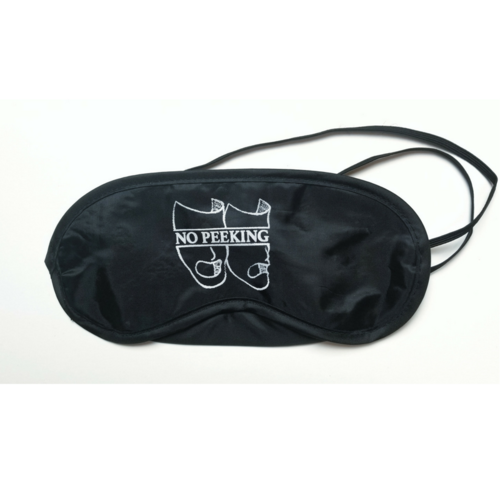
The allegory is clear: the parents’ unfounded hatred of Steves is an obvious exercise in stereotyping. Much like the systemic oppression encountered in society, the discrimination presented in this piece is rooted in (among other things) a lack of empathy, the perpetuation of dangerous generalizations, and the enabling of other people’s toxic behaviors. This topic is (I would hope) an obviously important one on which to reflect; and that reflection can hopefully can lead to valuable and challenging conversations. Unfortunately, We Have Standards did not inspire much conversation, as it barely scratched the surface of a complex subject, and acted more as a satire on a very generic scenario.
The comedic way in which We Have Standards points out the inherently absurd nature of discrimination works as a fine vehicle for satire, though some jokes do fall a little flat. Every time the family jumps to an unfounded conclusion that is then used to back up the argument that “Steve”s are not to be trusted, it drives home the absurdity of similar assumptions that people make in reality, under much more malicious circumstances. The true wrench in the show’s success, however, is the lack of direction in the script beyond the initial thesis. At the end of the evening, I felt like I did not have much more information about the the leading couple, the parents they were visiting, or the world presented besides what was already given in the publicity blurbs provided before the show. Despite the clever satirical take on discrimination, no bigger point ever seemed to be made outside of pointing out this absurdity. It would have been more fulfilling to see this story turn towards a call to action, or at least some greater conclusion about the culture that perpetuates blind hate. Perhaps, if this had been done, the piece could have had a teachable moment or motivation for the audience to do better. Instead, it reiterated a topic that was clear from the beginning, and it sat in the discomfort and disbelief of this idea, rather than moving forward to a conclusion.
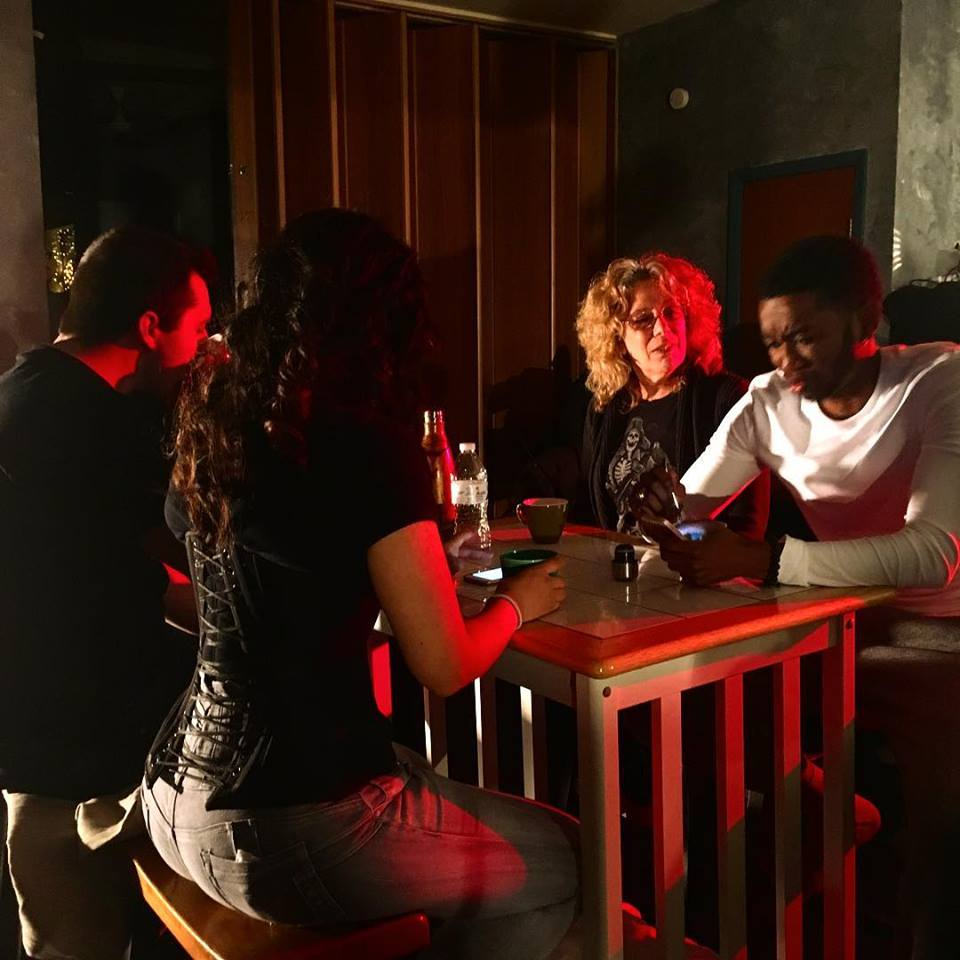
The empty feeling of the script is emphasized by the scarce amount of content provided. Altogether, We Have Standards contains about forty-five minutes of content, with a ten minute intermission halfway through. The story is told through four characters. There’s Steve, the victim of the family’s hate. His partner, who is consistently working to either hide her parents’ discrimination or protect her partner from their attacks. And, finally, there are the parents, whose only real traits were that they hate (bold-faced and underlined!) Steves. The action all takes place in the same location, a suburban household. The audience remains seated, blindfolded, on the perimeter or the room for the entirety of the piece. As a whole, the show felt more like a workshop than a fully developed piece. With the experience being publicized as a two-hour immersive event, this lack of material was quite disappointing.
Arguably, my experience as a blindfolded participant was somewhat effective. It drew my attention into the action and piqued my interest in the ways that diegetic sound was used to create a richer environment. When the family gathered around the dining room table for a meal, tense moments between characters were emphasized by the sounds of silverware against plates and the shuffling of chairs. That being said, the use of the blindfolds didn’t feel as if it was particularly tied into or essential to the story, leaving behind a gimmicky feel. Additionally, despite the presence of the blindfolds, it was easy to tell that the lights in the room were still fully on, which took away even more from the attempt at sensory deprivation. Even with the enhanced auditory experience, the show still did not feel quite immersive. the use of blindfolds felt a little like a half-baked idea that could have had a deeper purpose in a story about, quite ironically, blind hatred. As an audience member, I was able to make the connection between the topic of the piece and the physical sensory deprivation. However, there seemed to be no greater purpose than that first “A-ha!” moment. This message could have made a much bigger impact if the physical blindness was used to emphasize the point being made; perhaps if it made the audience more unaware of the characters or surroundings involved, or, conversely, made the audience more aware of their own personal “blindness”, the blindfolding would have felt less like a gimmick. Instead, it felt more like we were stuck in our chairs and listening to a radio play, which not much impact beyond that.
Overall, We Have Standards felt incomplete. Though there was, I think, good intent at the moral heart of the piece, it seemed as though the experience was not pushed past that first thought. It relied too heavily on its thesis, and didn’t really meet any conclusions, or leave any questions to be asked. I was left wishing for a deeper digging into bigotry and blind hate, or for, at least, and expansion on the thought besides the fact that such a thing exists and is absurd. Although the blindfolded experience was novel, it didn’t provide much more to the audience experience either. We Have Standards presented a promising meditation on blind hate, but the piece needs a little more incubation before it will be able to present any solid thoughts about where to go from here.
We Have Standards has concluded; find out more about No Peeking Theatre on their web site.
NoPro is a labor of love made possible by our generous Patreon backers: join them today!
In addition to the No Proscenium web site, our podcast, and our newsletters, you can find NoPro on Twitter, Facebook, YouTube, Instagram, in our Facebook community Everything Immersive, and on our Slack forum.



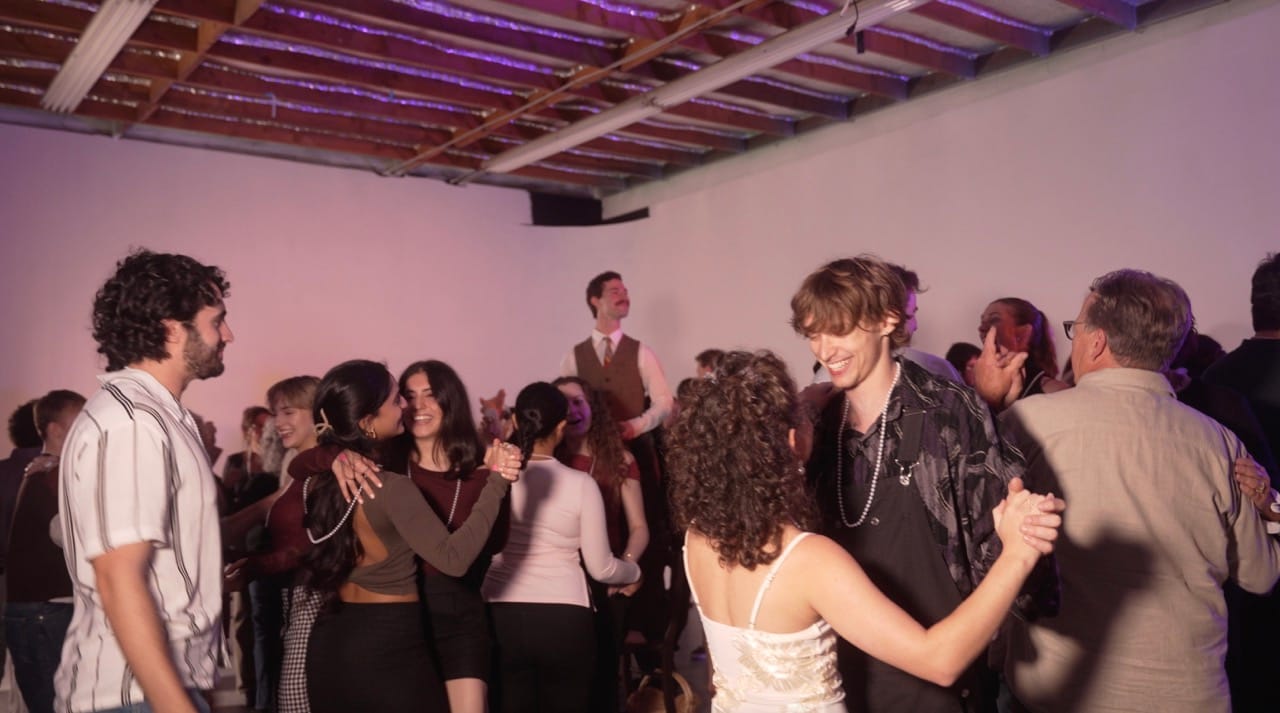

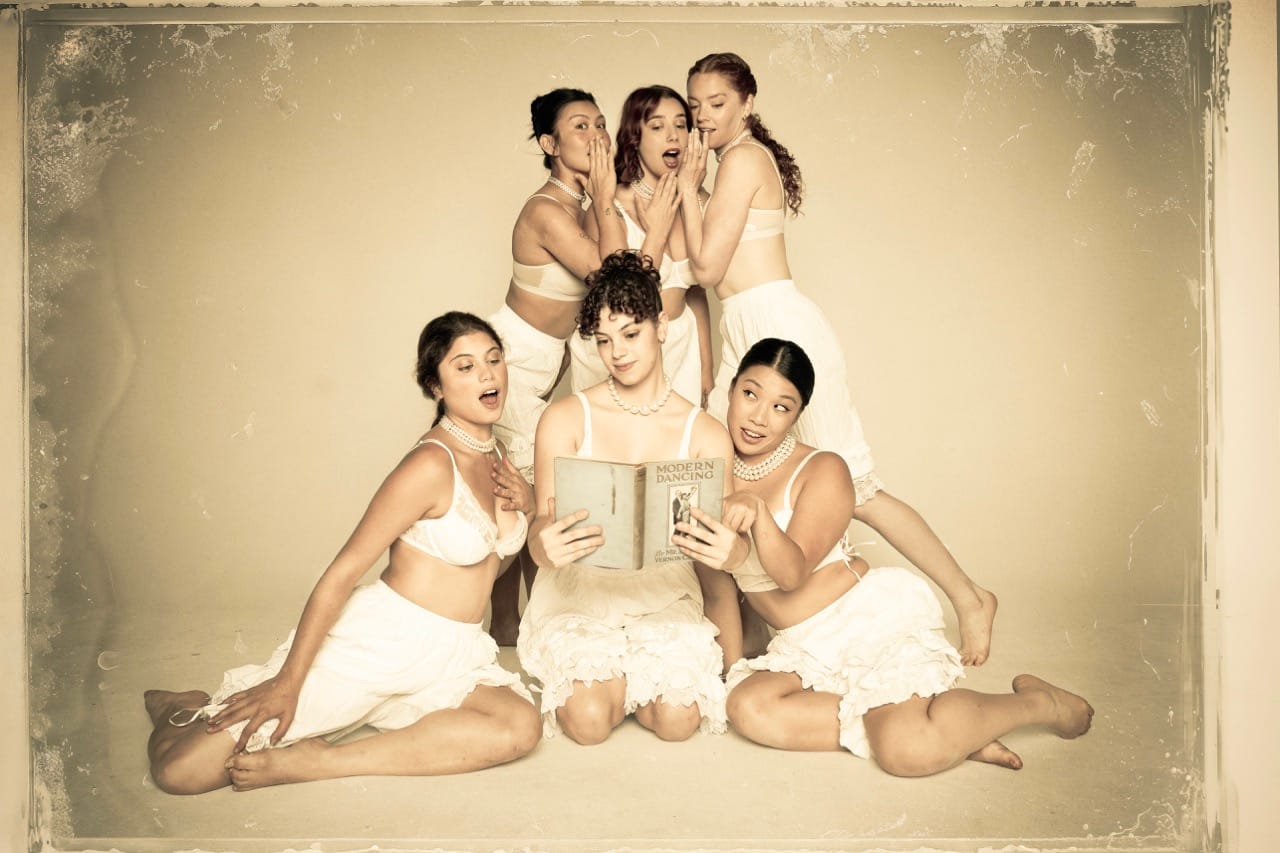

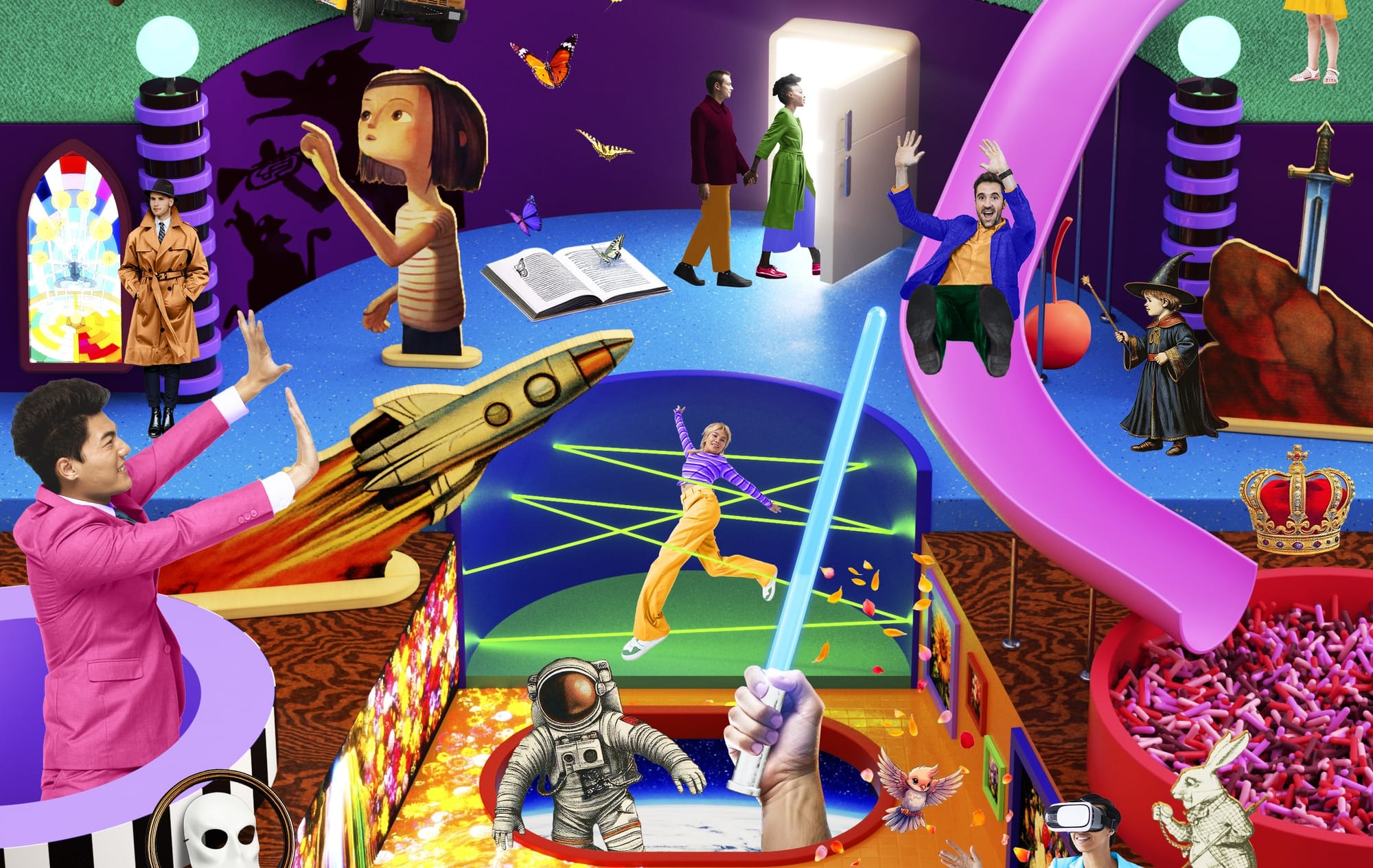
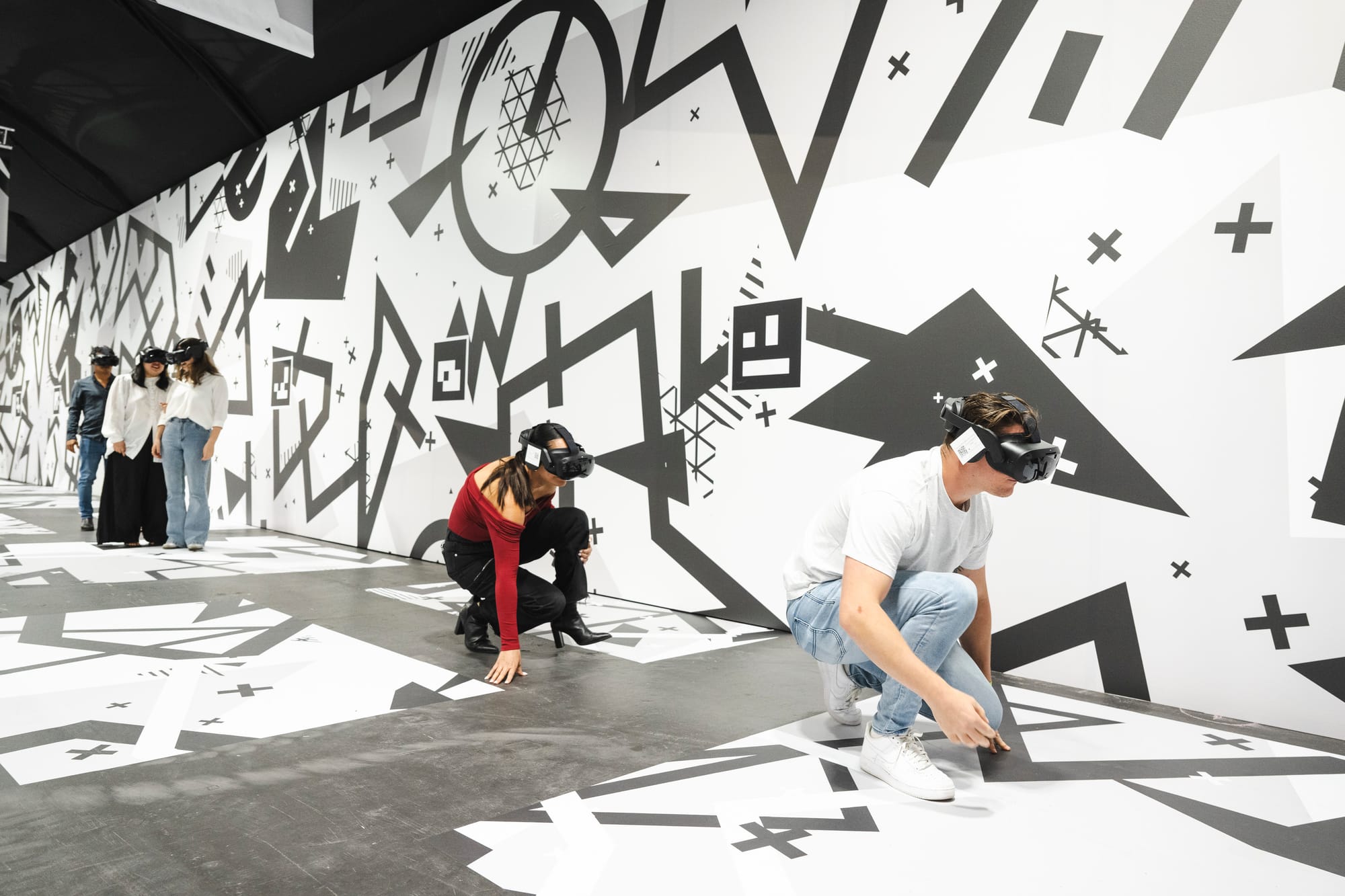

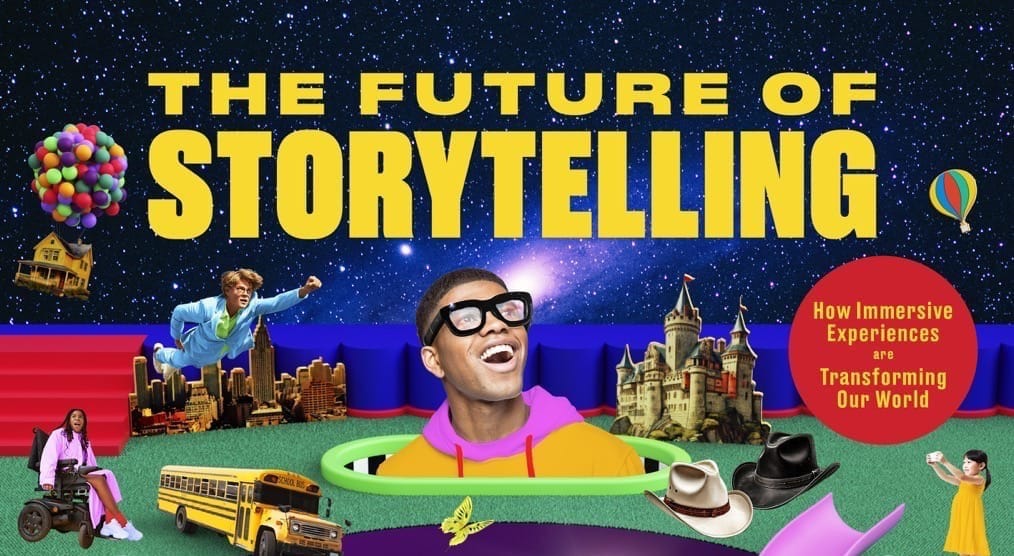



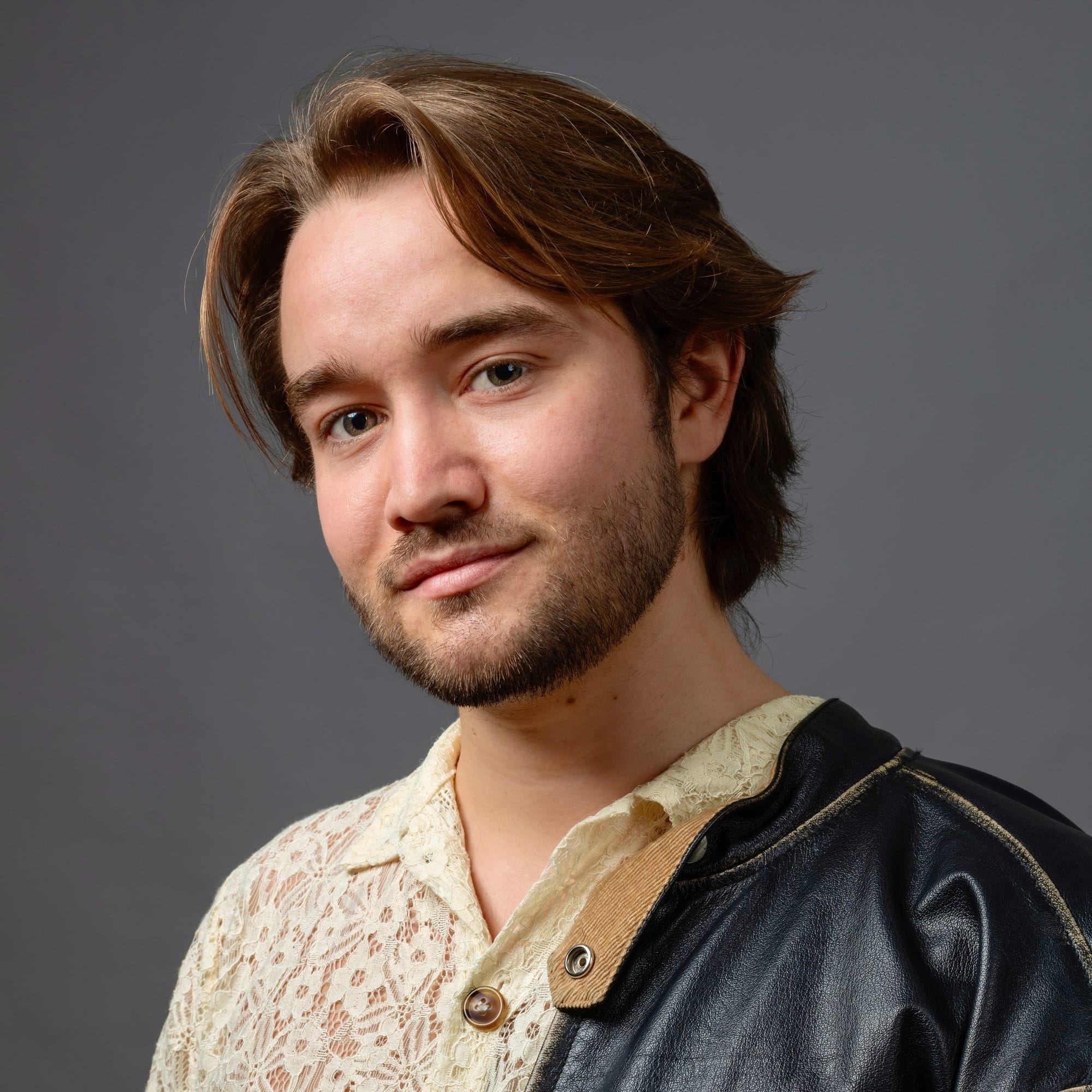
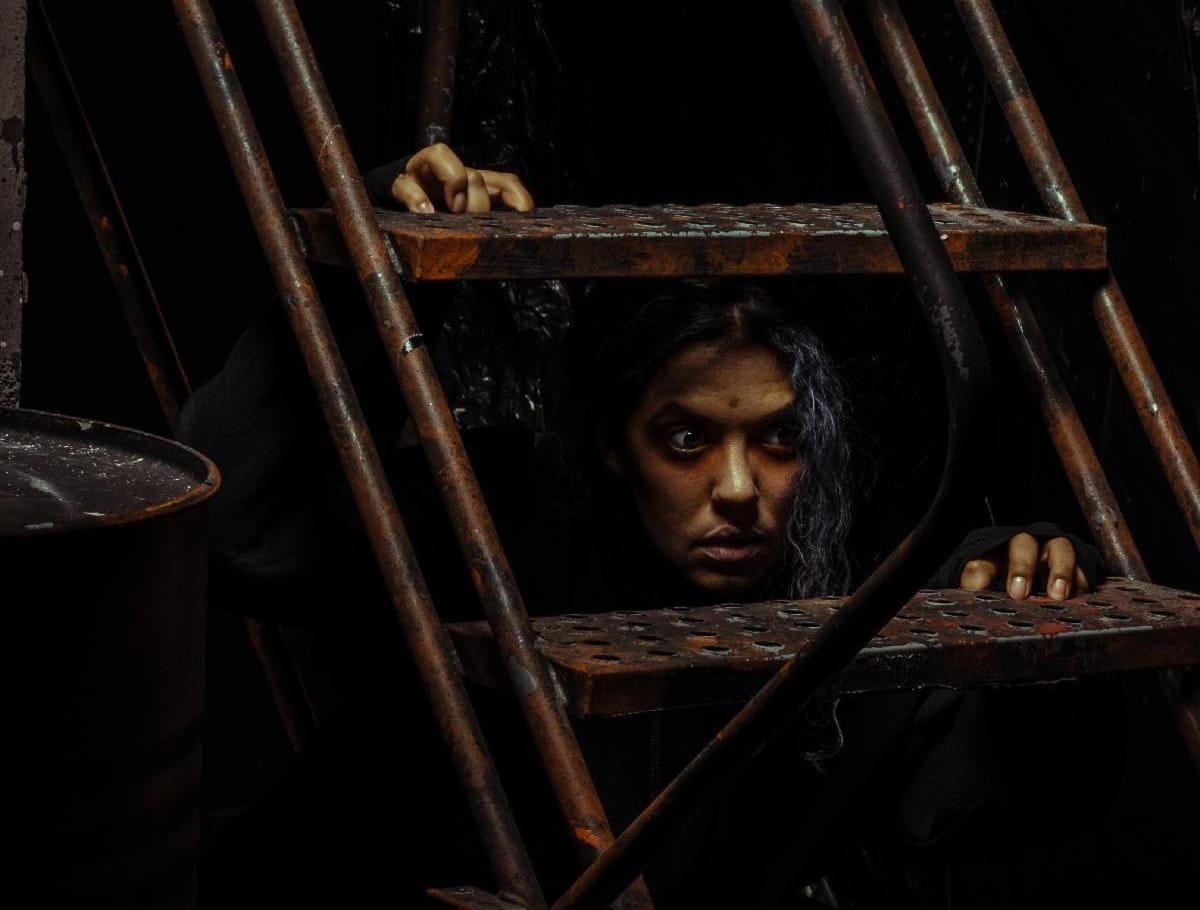
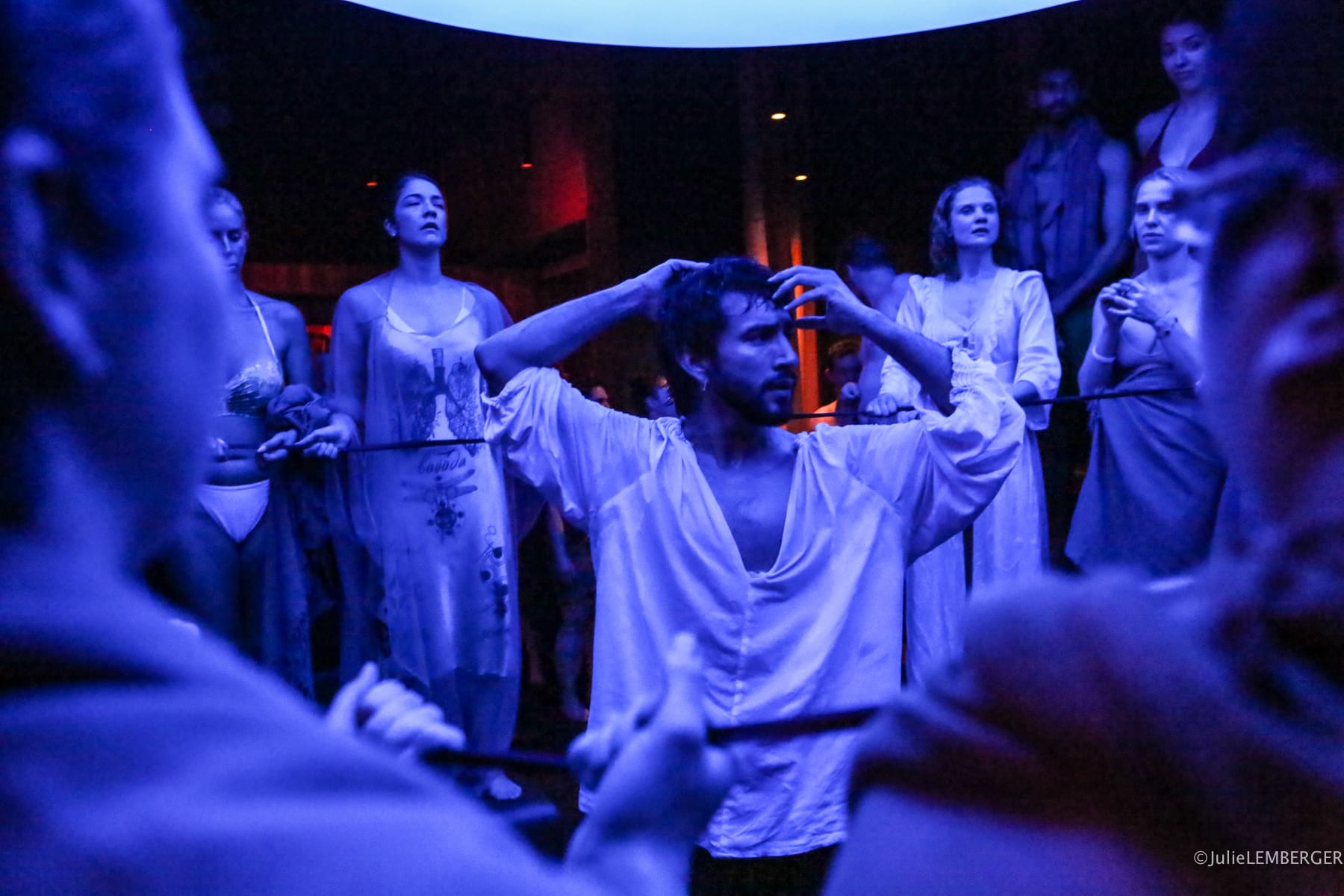
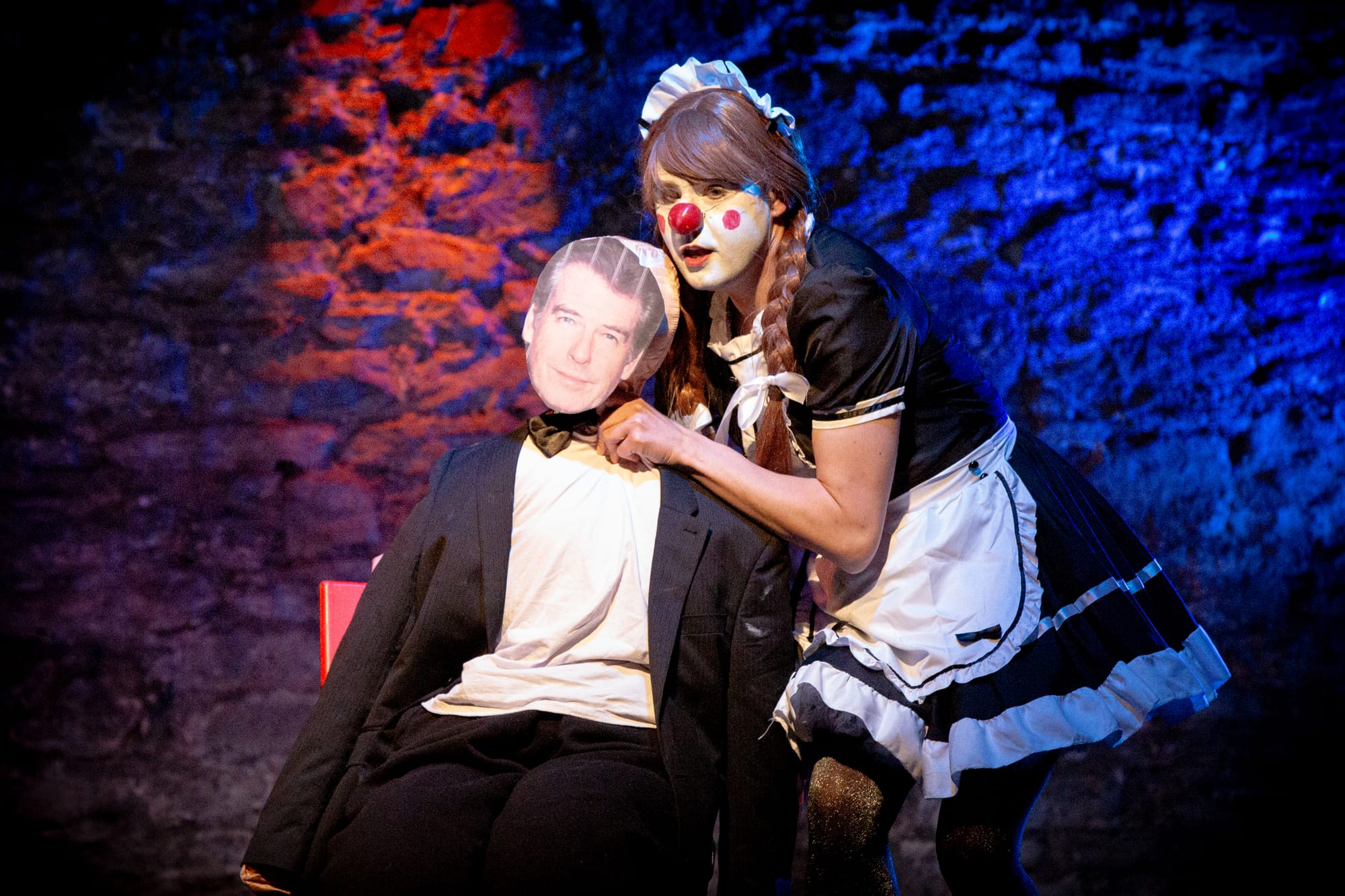
Discussion